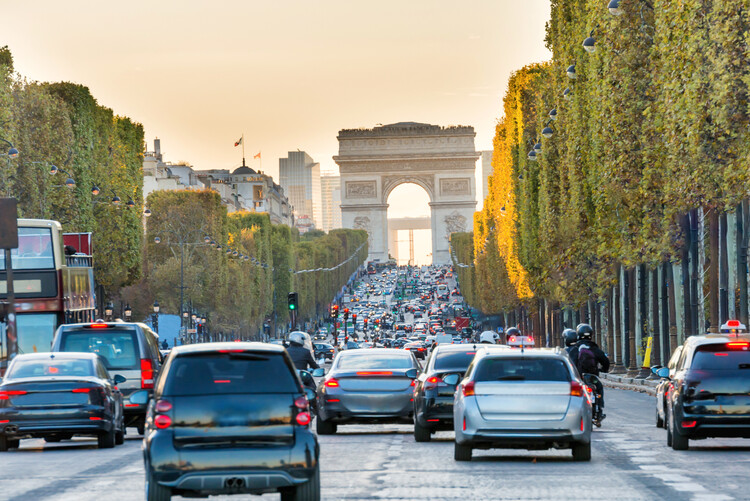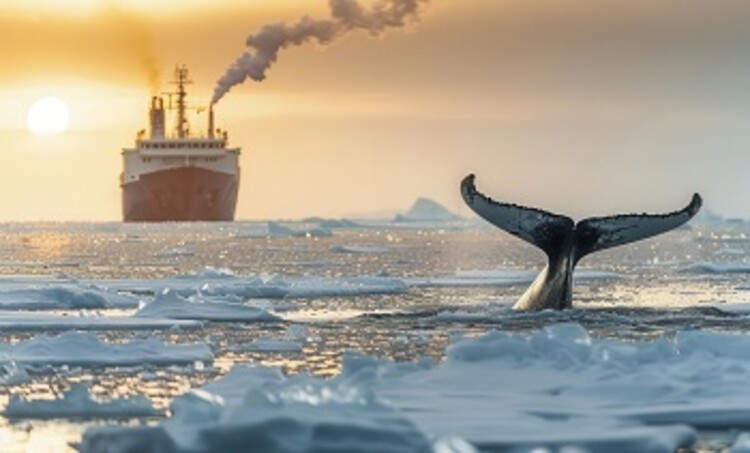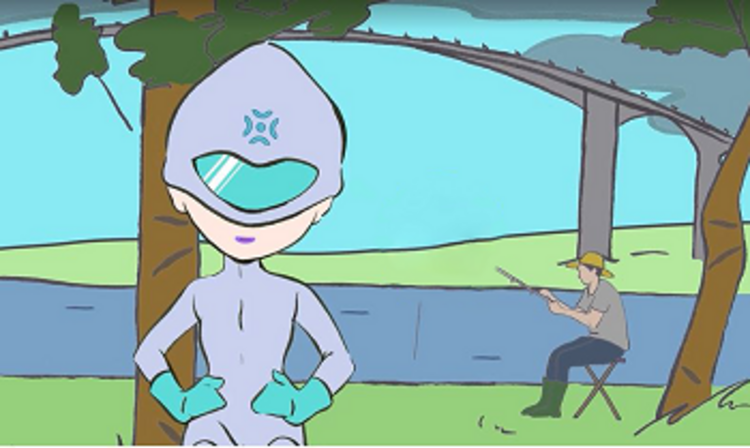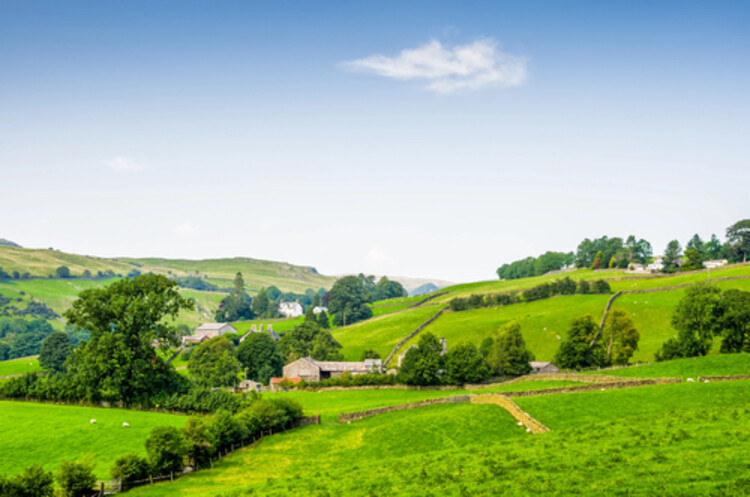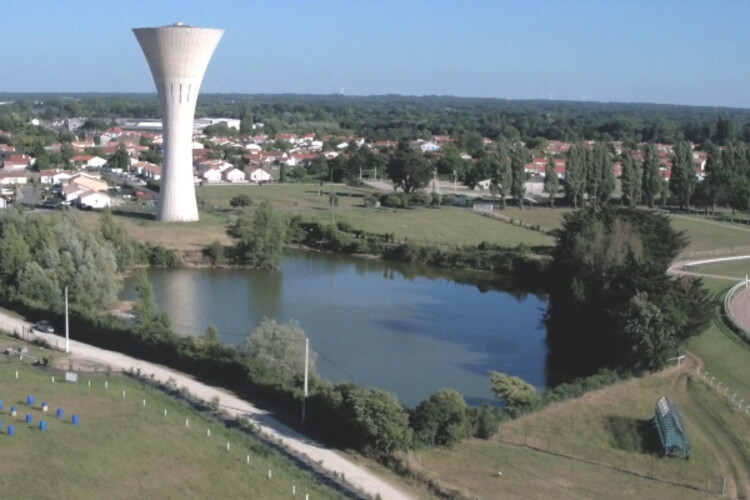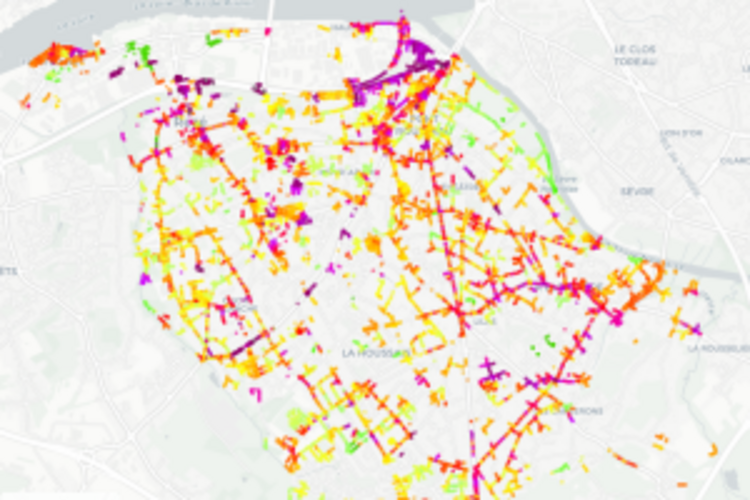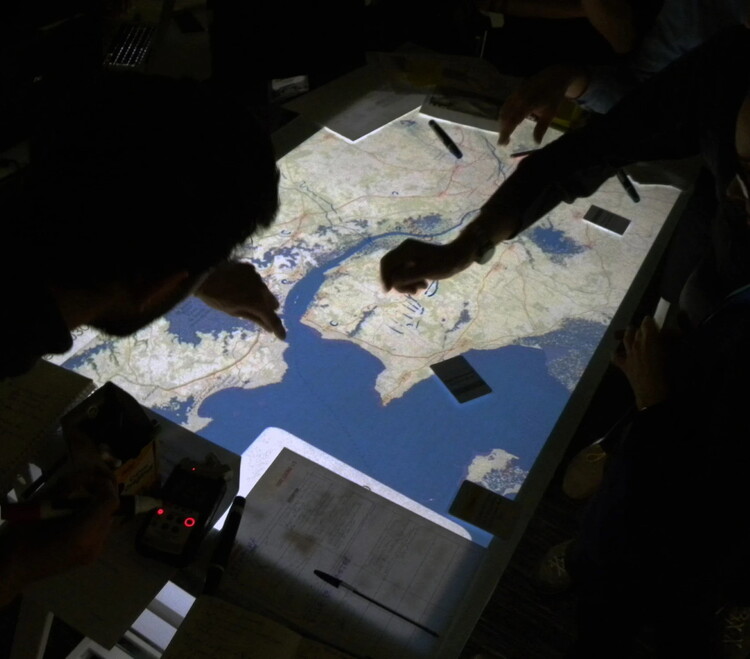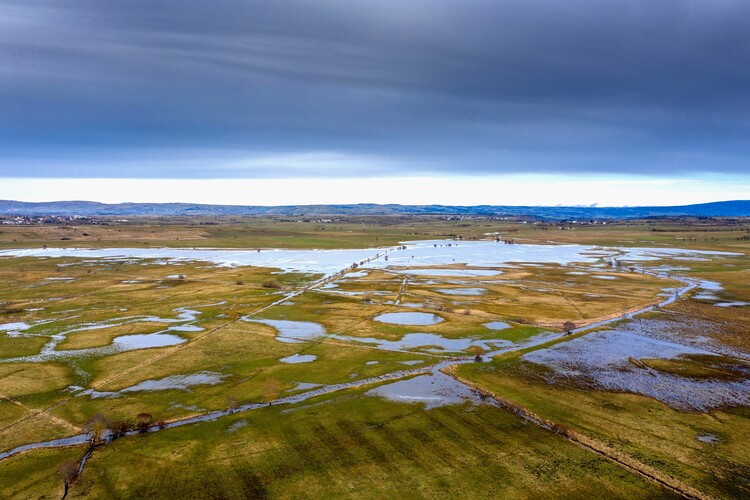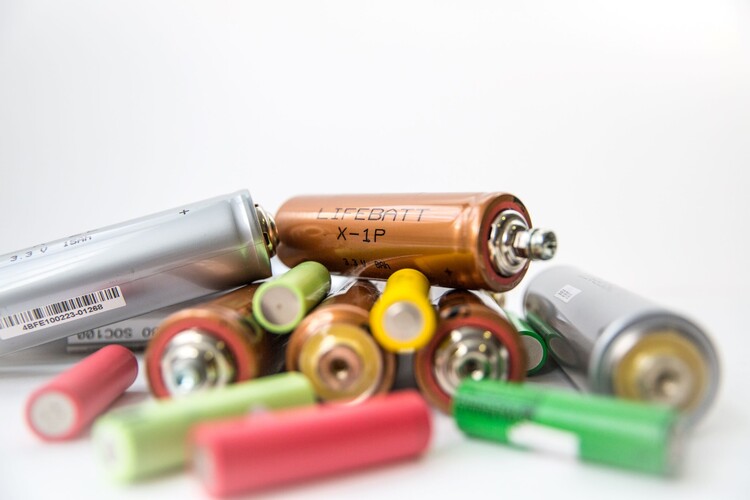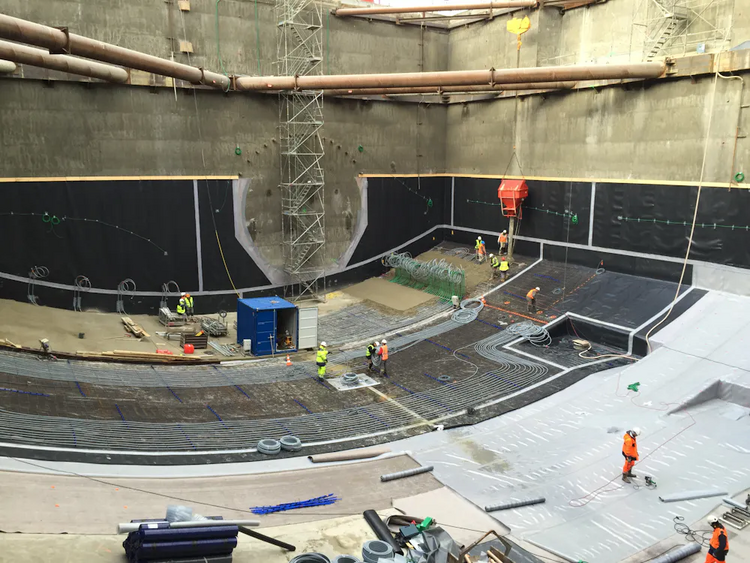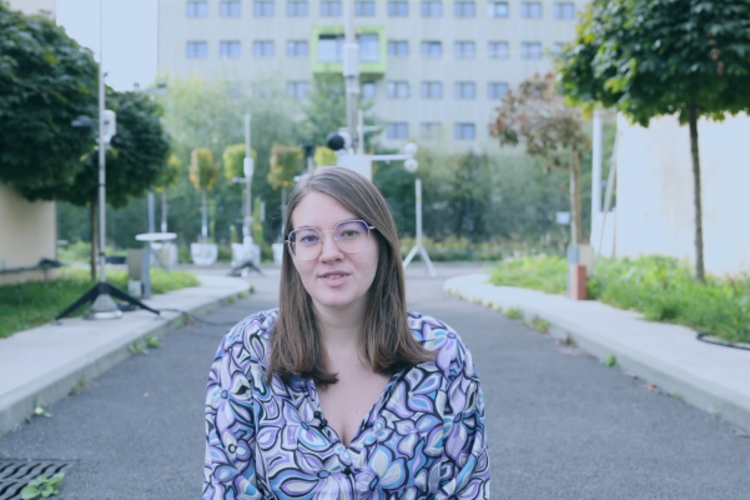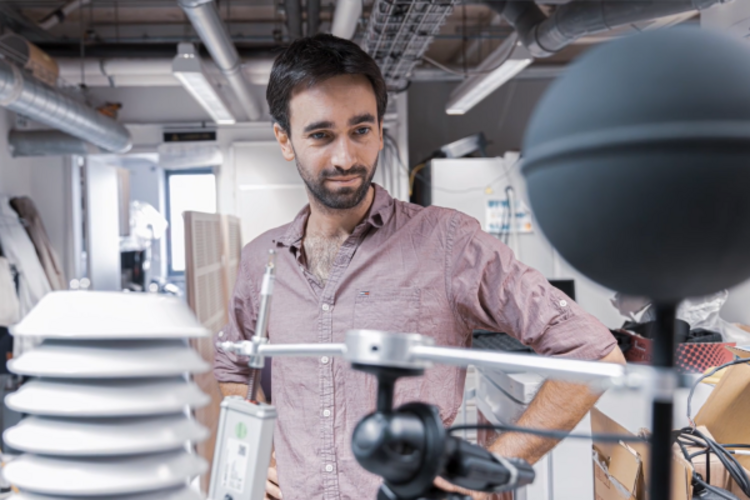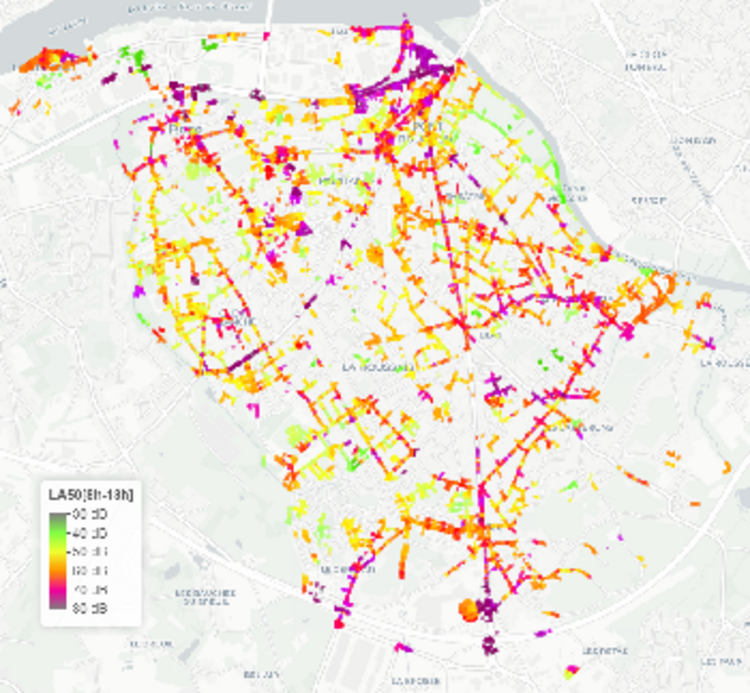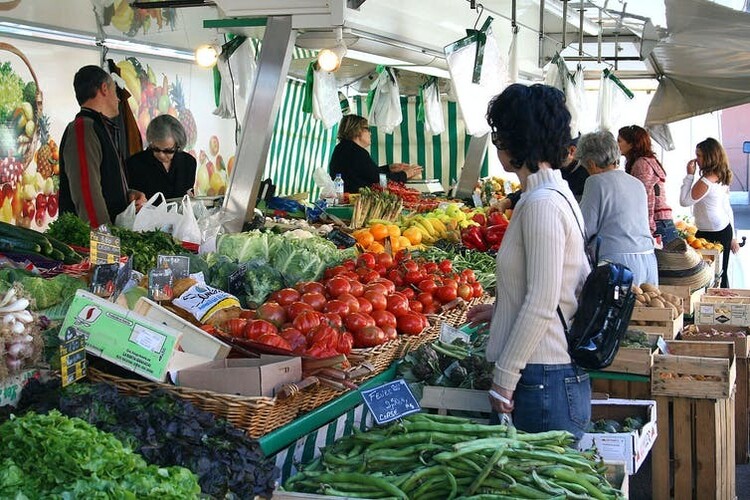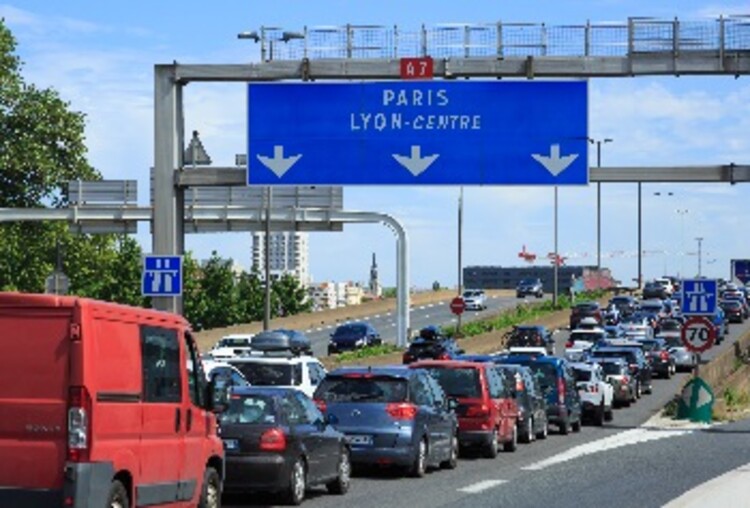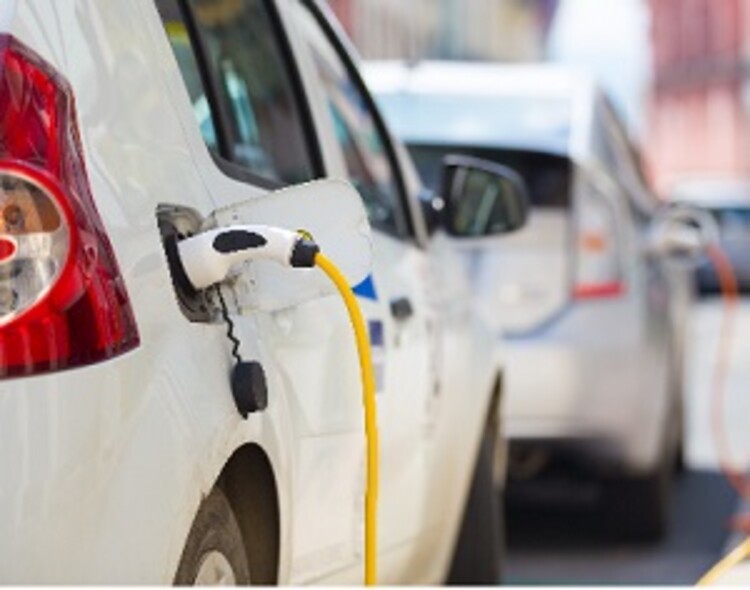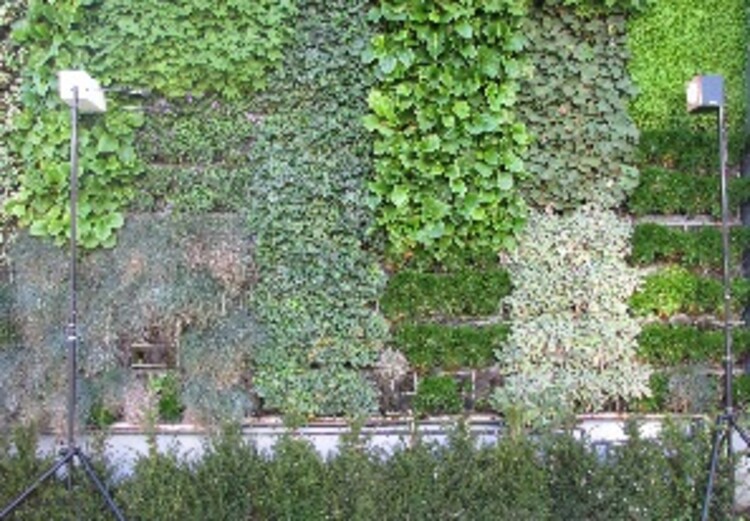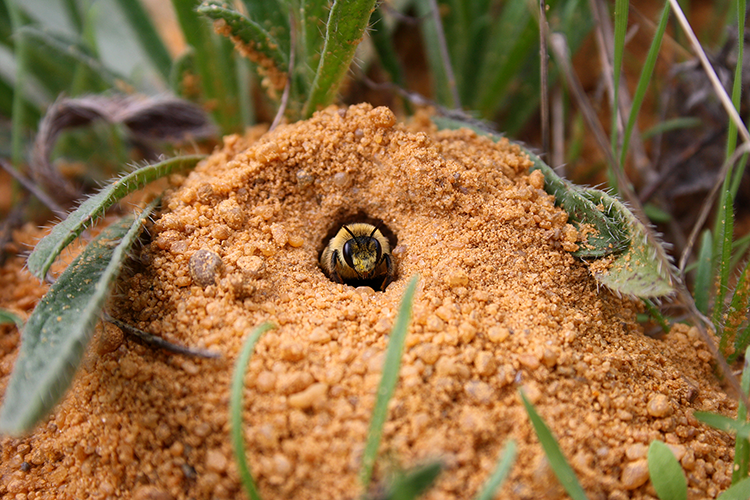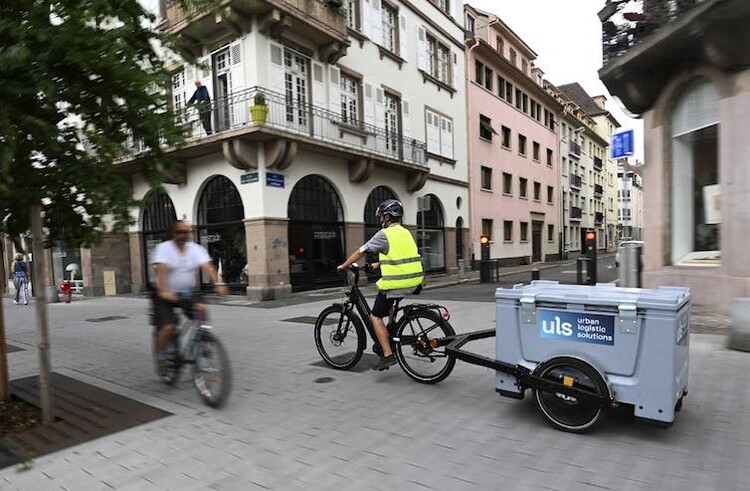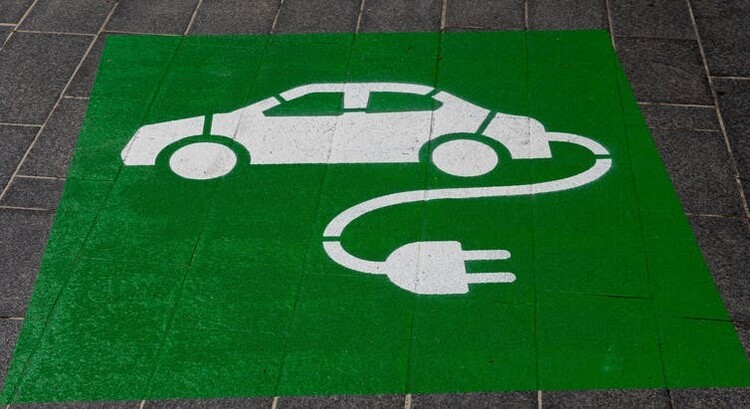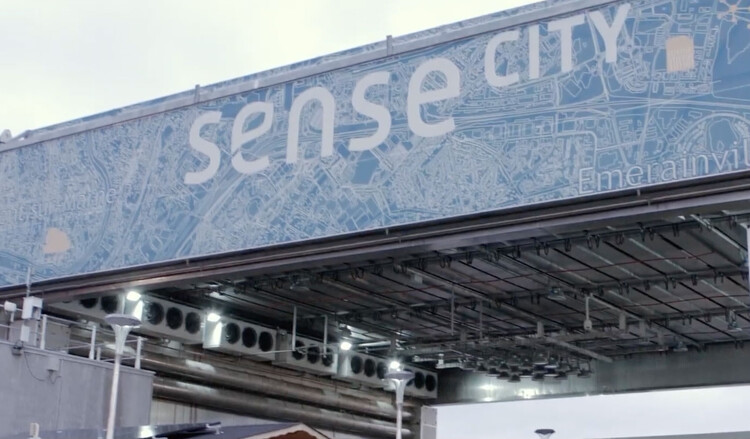Reducing speed, changing road surfaces... What solutions are there to combat road noise pollution?
Road noise is the leading cause of noise pollution in France. Research has compared the effectiveness of different options for reducing it.
Read moreCan “pingers” and other acoustic deterrents help reduce the risk of collision between ships and…
Thousands of cetaceans die as a result of collisions with ships. Although many protective measures have been put in place, they have not always been proven effective.
Read moreELEA discovers
The water cycle is a large loop that the water travels through to move on the surface of the earth and under our feet. Unfortunately, it is often polluted by human activity. Scientists monitor it very closely, so that it does not become unfit for consumption, and dangerous for the plant or animal kingdom.
Read moreHedges were first planted for economic reasons, only to be destroyed for other economic reasons
Although hedges initially served to delineate property, they were also a source of prosperity, before their economic utility was called into question and their maintenance became costly.
Read moreLocal and collective analysis of water and its use
Climate change is posing new threats to water tables and potable water sovereignty for municipalities. The QUEPEP project focuses on the quality and use of rain and well water in the commune of Machecoul-Saint-Meme. It features an approach in partnership with researchers, gardeners and an environmental protection association.
Read moreMapping a city's noise thanks to its residents
Getting citizens involved in performing a diagnosis of sound environments across an entire city. That was the objective of the leaders of the SonoRezé project, the result of collaboration between Université Gustave Eiffel and the commune of Rezé.
Read moreImagining a common future around a map
How would you like to play at saving the world? Futurable explores how we can adapt to climate change, based on real, familiar territories. The aim of the game is to create a fair and desirable future by bringing together citizen and scientific knowledge.
Read moreResearchers and activist citizens working together
What can citizens involved in territorial preservation actions and researchers studying alternative citizen initiatives contribute to each other? What do they have to say or learn from each other? How can they do so? These are just some of the questions that the OAC-La Narse project aims to answer.
Read moreOptimising and extending the life of lithium-ion batteries
In the LICIT-ECO7 laboratory, two researchers are drawing up “profiles” of lithium-ion batteries and assess their performance using characterisation and ageing tests. Their data, which is made open, aims to promote the use of batteries for as long as possible.
Read moreGeothermal energy and transport infrastructures: an unexplored potential? The example of the metro…
Capitalising on the thermal stability of the subsurface to heat buildings aboveground: this is the principle of geothermal energy. In Rennes, a metro line was recently equipped to harness geothermal energy, with promising results.
Read moreMarine Dumon, mathematics researcher
Find out more about Marine Dumon, a researcher who is using mathematics to help improve air pollution sensors.
Read moreMartin Hendel, researcher in urban climatology
Find out more about Martin Hendel, a researcher in urban climatology who is looking for solutions to prevent cities from becoming unbearably hot.
Read moreIn Rezé, residents, researchers and elected representatives listen to the sounds of the city
In Rezé (Loire-Atlantique area), the “SonoRezé” project brings together scientists, elected representatives and residents to diagnose the sound environment in the town. The aim is to involve local residents in noise management.
Read moreFood: are short food supply chains always sustainable?
The fragmentation of flows into small volumes limits the effects of short food circuits in reducing greenhouse gas emissions.
Read moreAir pollution: effective but imbalanced low-emission zones in France
Despite their relative effectiveness, these measures are unequal and do not respond to the need to revolutionise urban development.
Read moreThe end of thermal cars: why electric vehicles aren’t a silver bullet
If electric cars are useful for the energy transition, they’re not without flaws and drawbacks and should not make us forget the need to reduce car use.
Read moreHow to deal with urban noise ?
Noise is a nuisance that affects two out of three people in France, particularly acute in urban areas. Researchers at Gustave Eiffel University are focusing their research on this issue in order to better understand it.
Read moreWild bees on roadsides
It is an accepted fact: wild bee populations are in decline! This affects wild flora and food chains in our ecosystems, leading to cascading effects on many other species. How can we make road verges more wild bee-friendly?
Read moreCould cargo bike deliveries help green e-commerce?
On paper, swapping gas-guzzling trucks for bikes may sound like an appealing option for greening e-commerce. However, there are sizeable obstacles to implementing this in cities.
Read moreCan electric vehicle batteries be recycled?
Between reuse and recycling, what happens to the batteries of electric vehicles?
Read moreNoiseCapture, an application to evaluate the sound environment
Discover NoiseCapture, an innovative solution that places humans and their smartphones at the center of the assessment of their sound environment.
Read moreSense-City, from the smart city to the sustainable city
Sense-City, a mobile climate chamber that places two mini-cities of 400 m² in specific meteorological scenarios
Read moreHow can we know if our cars are polluting too much?
Discover an experimental platform dedicated to studying the pollutant emissions of light road vehicles.
Read moreHealth checks at the battery bank
How can we analyse the life cycle of batteries used in our electric and hybrid vehicles?
Read more